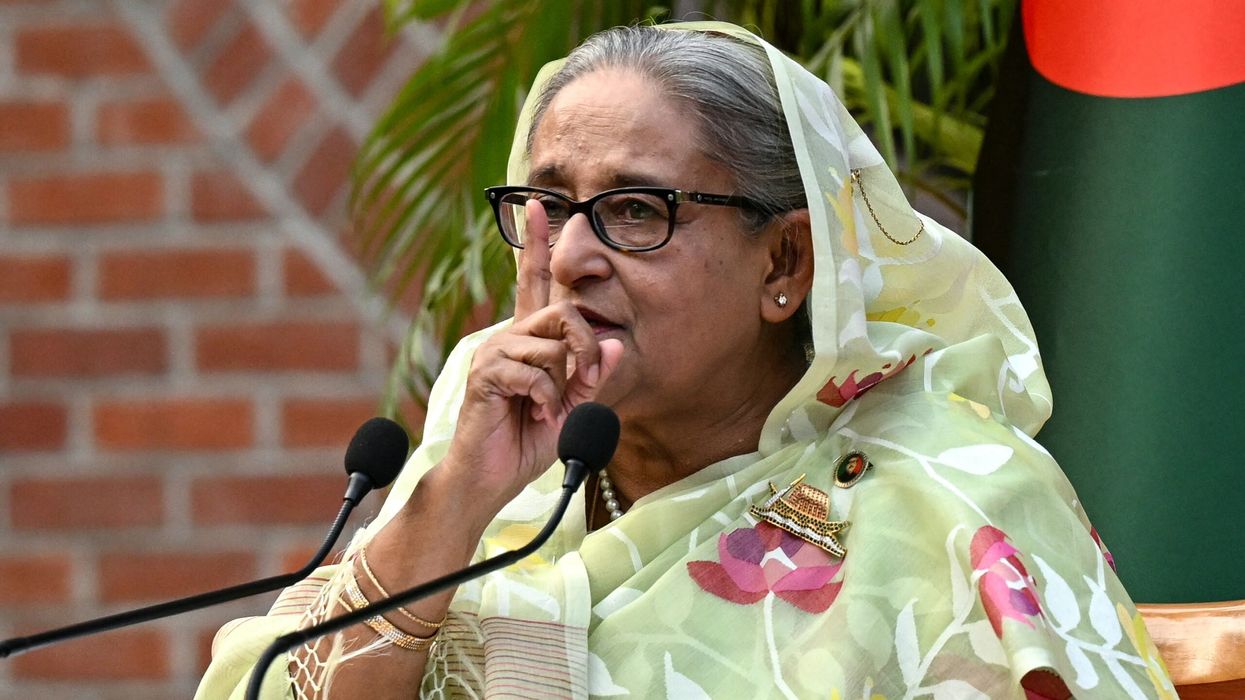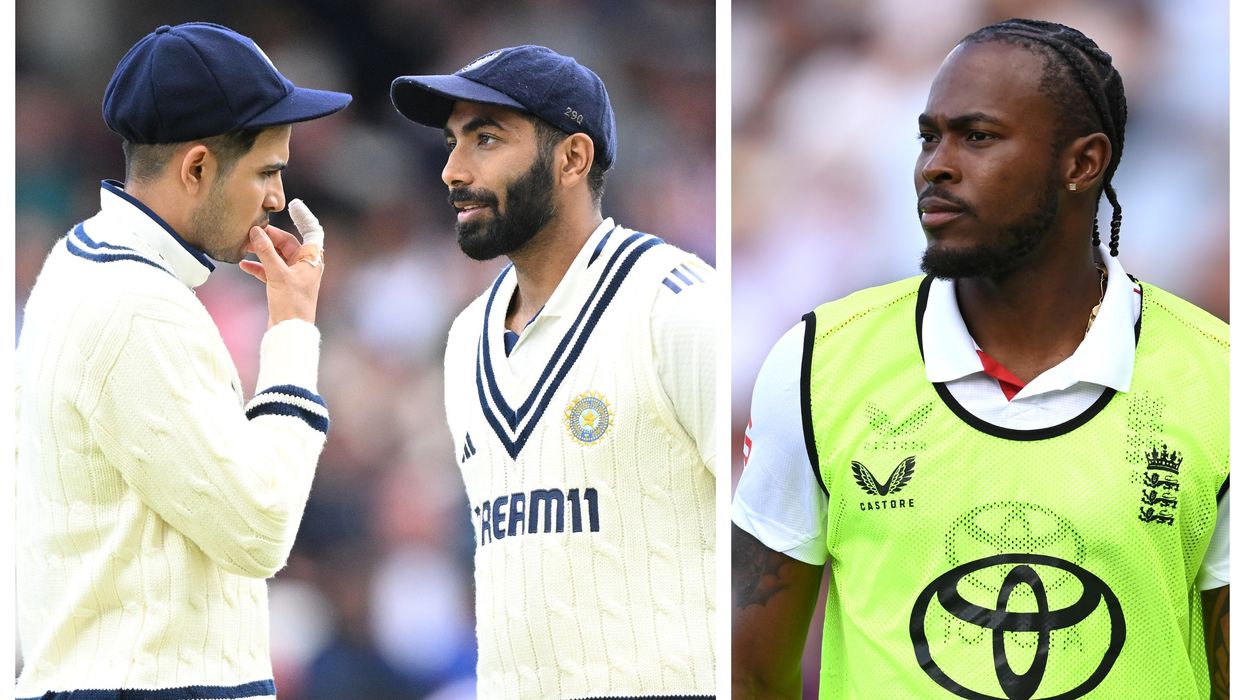WAS a national inquiry needed into so-called grooming gangs? Prime minister Sir Keir Starmer did not think so in January, but now accepts Dame Louise Casey’s recommendation to commission one.
The previous Conservative government – having held a seven-year national inquiry into child sexual abuse – started loudly championing a new national inquiry once it lost the power to call one. Casey explains why she changed her mind too after her four-month, rapid audit into actions taken and missed on group-based exploitation and abuse. A headline Casey theme is the ‘shying away’ from race.
The (Alexis) Jay inquiry (in 2014) found ethnicity data too patchy to draw firm conclusions. Casey shows that too little has changed. Ethnicity data on perpetrators is published – but the police fail to collect it in a third of cases. That low priority to ethnicity data collection is a problem across policing – forming an impediment to scrutiny of ethnic disparities of every kind.
In Greater Manchester, Casey reports perpetrators of sexual abuse generally reflect the local population, but with a disproportionate number of Asian perpetrators in group-based offending. There was a misplaced ‘political correctness’ when police forces and councils were responding to group-based abuse by British Pakistani perpetrators. Yet, there was nothing ‘politically correct’ about a sexist, classist culture that did not believe the victims. They were often vulnerable, adolescent girls with a history of living in care or with repeated episodes of going missing – and were seen as wayward teenagers, treated as ‘consenting’ to sex once they had turned thirteen.
Our society was much too slow to act on the abuse of children in every setting. The trigger for the national inquiry into child sexual exploitation was the outpouring of allegations about Jimmy Saville. In every setting, the instinct was more often to cover up rather than to clean up. Care homes failed to protect the most vulnerable. Prestigious public schools put containing reputational damage first. The focus on institutions meant that group-based offending formed only one strand of the national inquiry, without the scale to dig fully into local experiences.
There is a key difference between group-based and individual offending. Groups are a joint enterprise, so depend on a shared rejection of social norms among the perpetrators. It is important to be able to talk confidently about toxic sub-cultures of misogyny and abuse within British Pakistani communities, and to support women from within Asian communities and feminist allies who have been seeking to challenge and change it. So why has it seemed so difficult to say this – and to have taken too long to act upon it?
When writing my book How to be a patriot a couple of years ago, I suggested that one key driver of this misplaced reluctance to discuss cultural factors over this issue reflects a confusion and conflation between ethnicity, faith and culture. If people intuit that talking about cultural factors must mean something like ‘the inherent properties of an ethnic and faith group’, there is a fear that this will inevitability generalise about and stereotype whole groups. Yet, few people would struggle to acknowledge the role of cultural factors in the role of the
Church in twentieth century Ireland. A social norm that saw sex and sexuality as a taboo subject, combined with institutional deference to the church, left children unprotected – until there was significant pressure for change. So ‘cultural factors’ were part of the problem – but that did not mean that all Catholics were child-molesters. The trial in France of 51 men involved in raping one woman similarly illustrates the culture of misogyny in France among a sub-group of men willing to join in a rape gang when invited to do so.
So the irony is that it would perpetuate precisely that kind of ethnic stereotype to fail to police the law so as not to offend the Pakistani Muslim community, by seeming to turn the behaviour of a criminal sub-group into a community characteristic. Failing to address sexual exploitation for fear of extremist exploitation of the issue was always self-defeating. Being able to address the issue is a key foundation for being able to challenge effectively those whose motive is to spread prejudice.
The reviews by Jay and Casey into group-based exploitation in Rotherham had profile and consequences in 2015. The entire council leadership resigned. In most other places, victims went and felt unheard. There was a sound logic that local inquiries were most likely to have the granular focus to deliver accountability – but few areas volunteered to host them. Those that did happen lacked the teeth to compel cooperation.
Casey’s proposed model is essentially for local hearings, backed by statutory national powers. It is a chance to move on from partisan blame games and ensure that the victims of historic abuse are finally heard – rebuilding confidence in policing and prosecuting without fear or favour.

Sunder Katwala is the director of thinktank British Future and the author of the book How to Be a Patriot: The must-read book on British national identity and immigration.


















